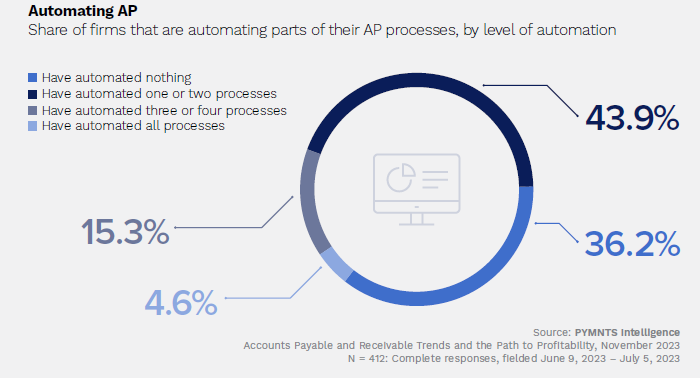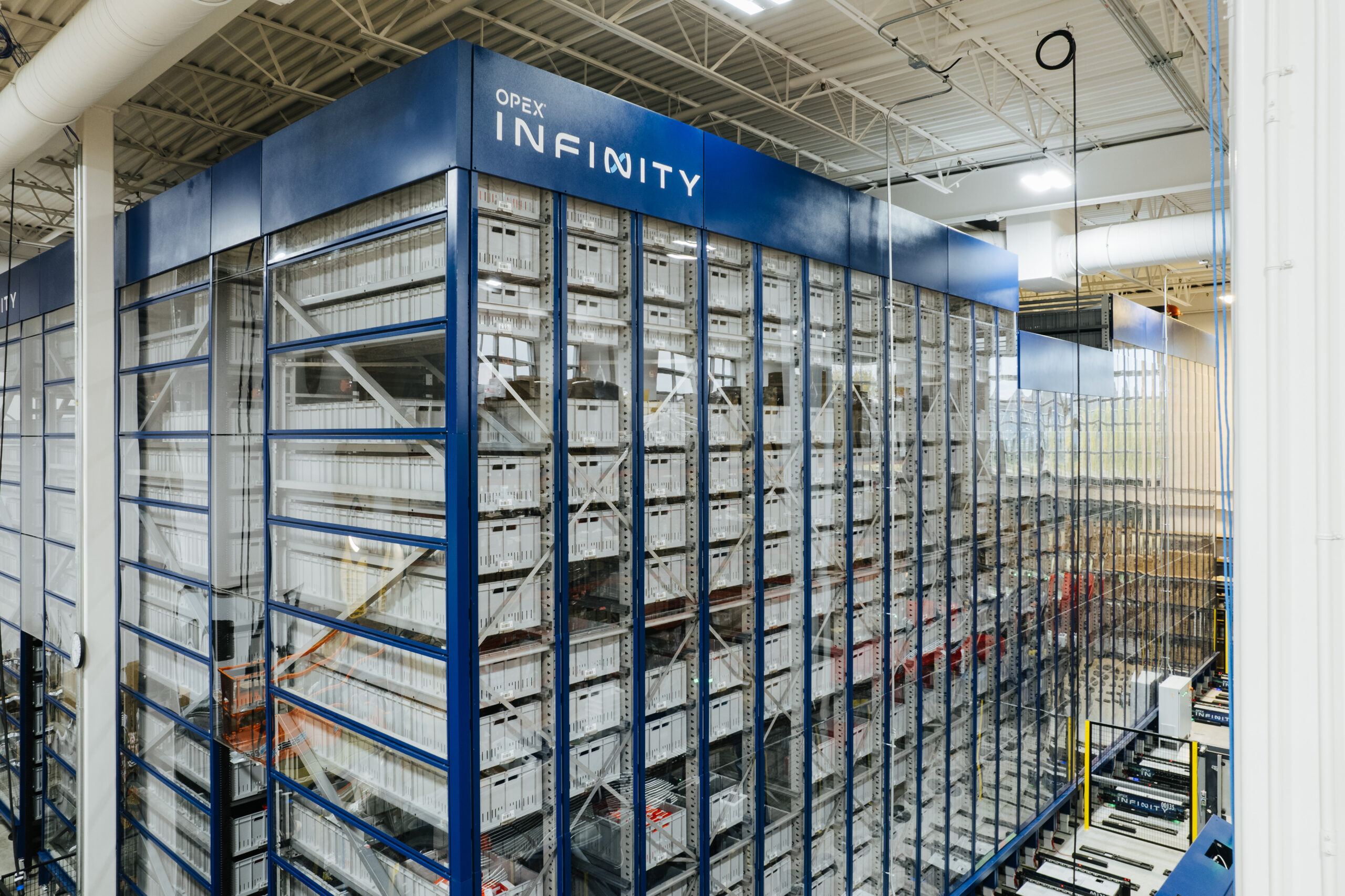The retail industry’s playing field has changed because to automation, which now makes it possible for it to thrive and get through challenges rather of just being a nice-to-have. Retailers can react to changing consumer behaviour by deploying a moderate level of automation in their physical stores, administrative offices, and warehouses. Investment in automation solutions is crucial since doing away with manual processes may boost output, save expenses, and improve client experiences. Let’s look at some of automation’s major implications and how they will affect the retail sector in the future:
The Power of Automation in Retail: Robotic process automation (RPA) technology is quickly becoming recognised as a formidable tool for assisting merchants in realizing the full potential of automation for their business. RPA bots have the capacity to mimic human-computer interactions, which enables them to carry out jobs precisely, effectively, and in large quantities. Automation will soon take the place of other tools in the toolbox of retailers looking to maximize their operations in the face of rising labor costs and heightened market rivalry. Retailers can improve operational efficiency and quickly adjust to the constantly shifting market environment by implementing automation. This eliminates labor-intensive manual operations.Here are some prominent use cases that give a glimpse into the incredible potential of automation in revolutionizing the retail industry:
Better Returns Processing: The surge in online orders has necessitated efficient returns processing for retailers. Handling high volumes of returns manually is not only time-consuming but also prone to errors. Automation steps in to streamline this process by seamlessly extracting data from databases, facilitating reverse billing, and utilizing bots to process returns accurately and expeditiously.
Personalized Shopping Strategies: Automation empowers retailers to tailor their offerings to individual customers. By analyzing buying behavior, preferences, and past purchases, automation tools can suggest relevant items, thereby enriching the overall shopping experience and nurturing customer loyalty.
Enhanced Customer Engagement: Leveraging automation tools such as chatbots, personalized offer emails, and newsletters, retailers can forge customized connections with their customers. These automated communication channels facilitate relationship-building, enhance customer satisfaction, and ultimately drive sales growth.
Streamlined Supply Chain Management: Logistics are just one of many parts of the supply chain that automation improves. Retailers may lower costs, improve delivery procedures, ensure quick product delivery, and increase customer happiness by automating supply chain chores.
Augmenting Store Planning: Retailers may optimise their shop layouts with the help of automation technology, which offer priceless information into consumer behavior. Retailers may create a more effective and enjoyable shopping experience by leveraging the data produced by automation systems to inform decisions about store design, product placement, and consumer flow.
Automated Invoice Processing: Processing invoices manually is frequently difficult and time-consuming. Tools for automation can speed up this process, lower error rates, and increase overall effectiveness. Retailers can optimise their financial processes and devote resources to more important tasks.
Ease of New Product Introduction: R&D and marketing divisions, for example, benefit from seamless collaboration fostered by automation. Retailers receive useful insights that influence pricing strategy, inventory management, and overall product development by continuously monitoring real-time customer feedback and opinions.
Benefits of Automation in Retail: The adoption of automation unlocks a multitude of benefits for retailers, such as:
Efficiency Improvement: Significant efficiency benefits are achieved by automation, which streamlines processes and gets rid of manual labor. Employees can concentrate their time to strategic objectives and value-added activities by reducing human error and speeding up processes.
Enhanced Customer Experience: Personalized advice, focused promotions, and smooth customer encounters can all be delivered by shops thanks to automation. Retailers offer a personalized and interesting shopping experience by utilizing data-driven insights, increasing customer pleasure and loyalty.
Increased Agility: Automation equips retailers with the agility to swiftly adapt to evolving market dynamics and customer preferences. The ability to promptly respond to changing trends and demands positions retailers ahead of the competition.
Improved Inventory Maintenance: Thanks to automation’s real-time visibility into inventory levels, retailers can precisely predict demand, plan their supply chains, and manage their stocks. Stock-outs are reduced and inventory maintenance is generally enhanced as a result.
The retail industry is being transformed by automation, which is powered by technologies such as robotic process automation (RPA). Retailers may improve customer experiences, streamline processes, and reduce costs by implementing automation techniques. Retailers are well-positioned to compete in a brutally competitive market because to the numerous benefits, which range from increased efficiency to increased agility. Retailers who use automation will gain immensely as technology progresses, providing their customers with easy and personalized experiences and supporting retail growth and success.
(The writer is Associate Director at WNS-Vuram)










